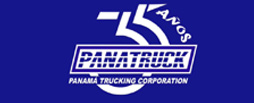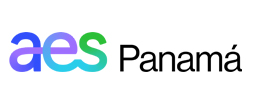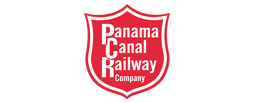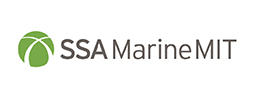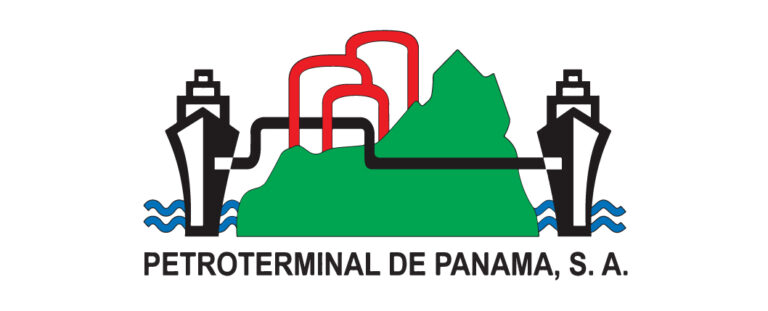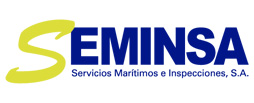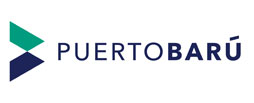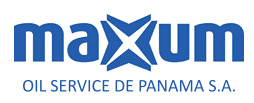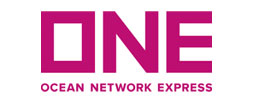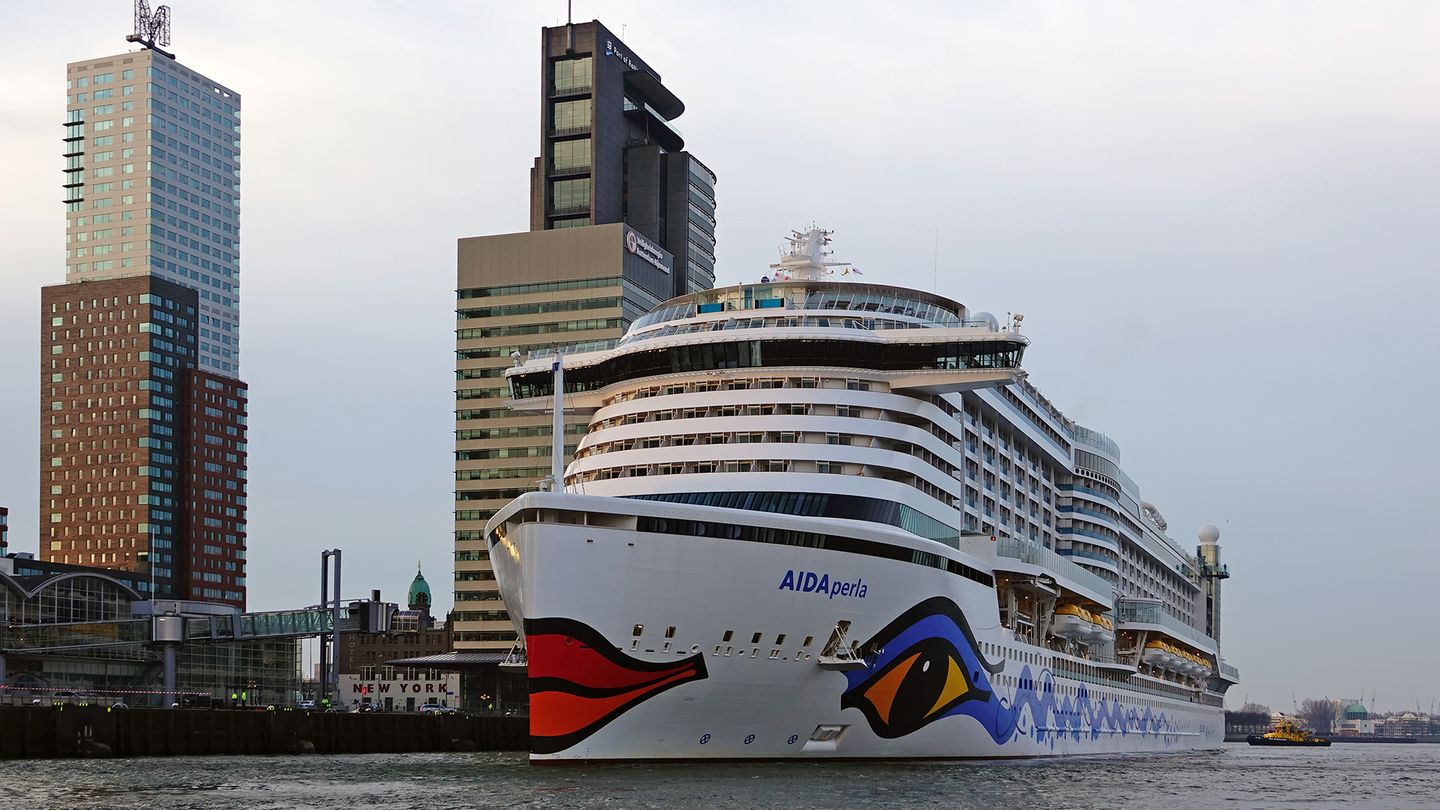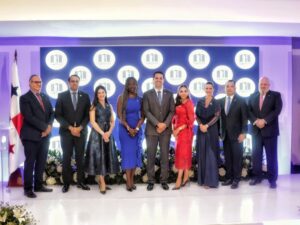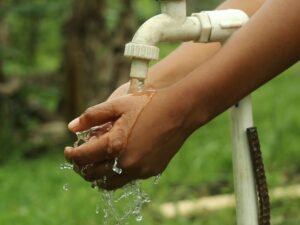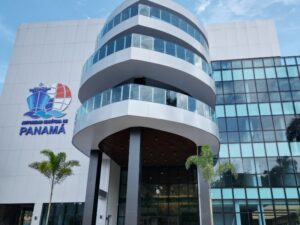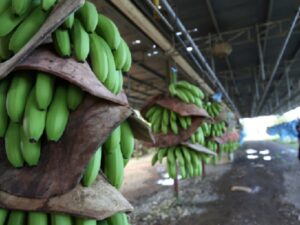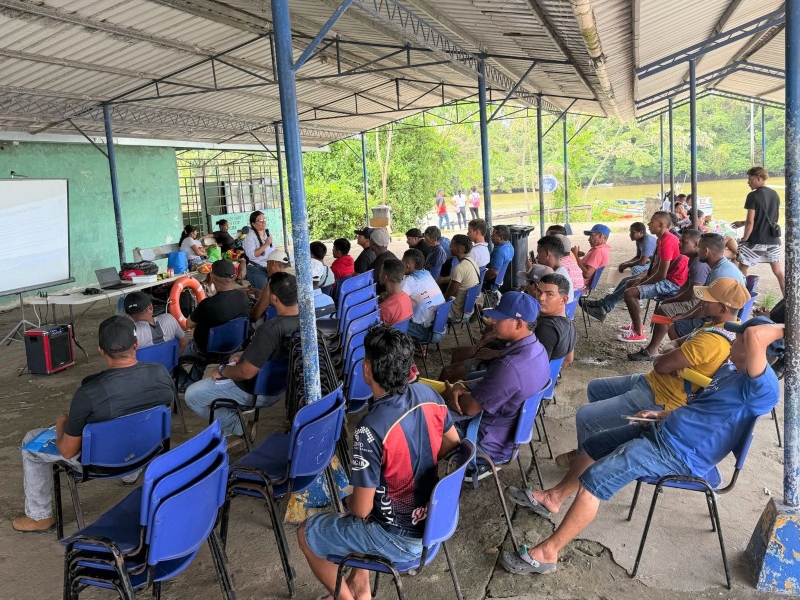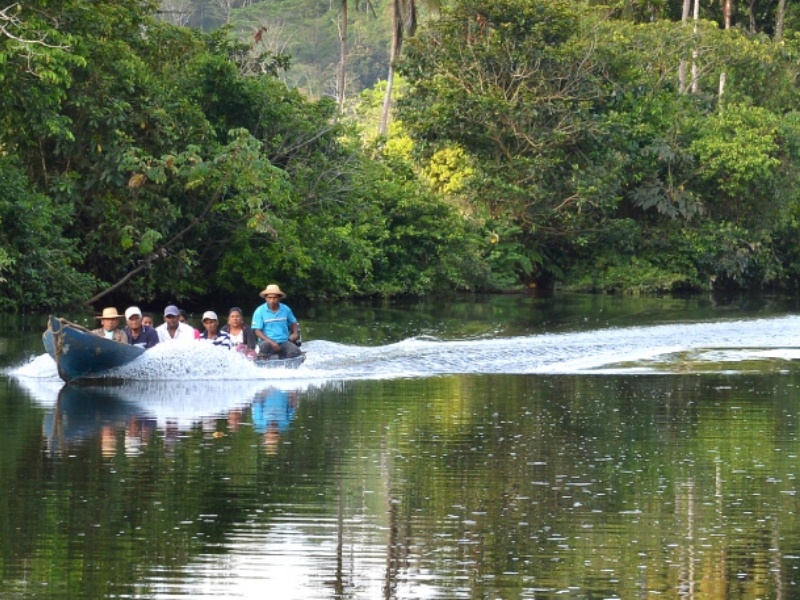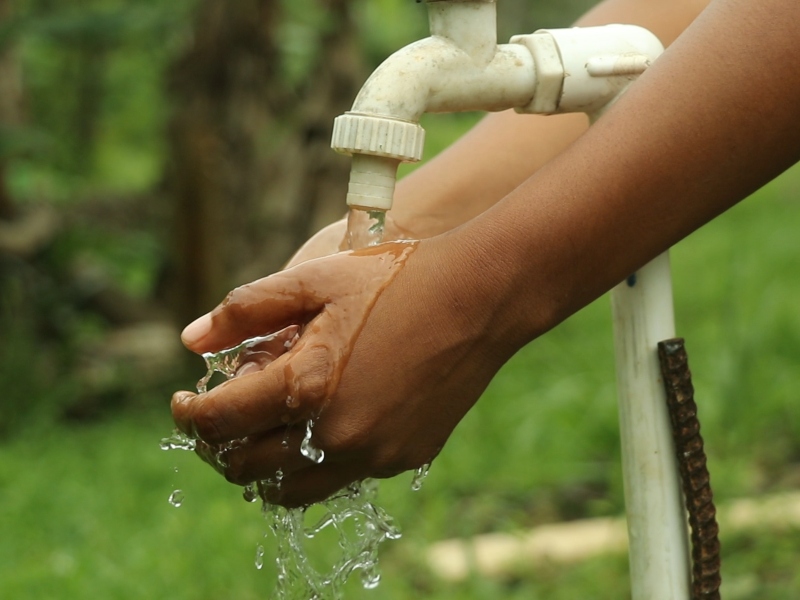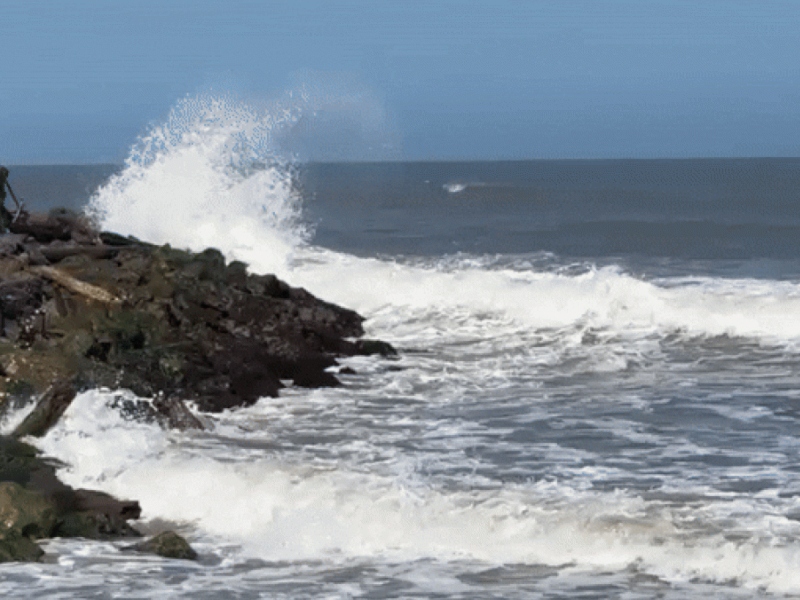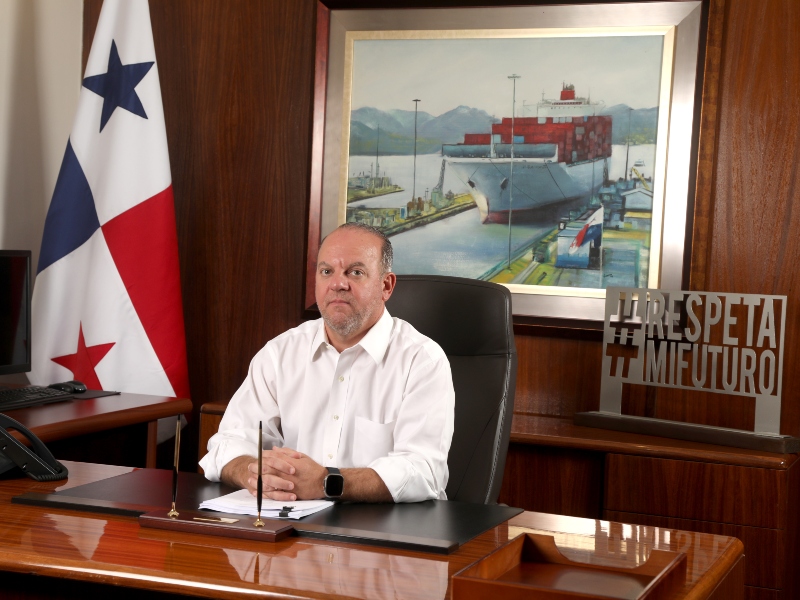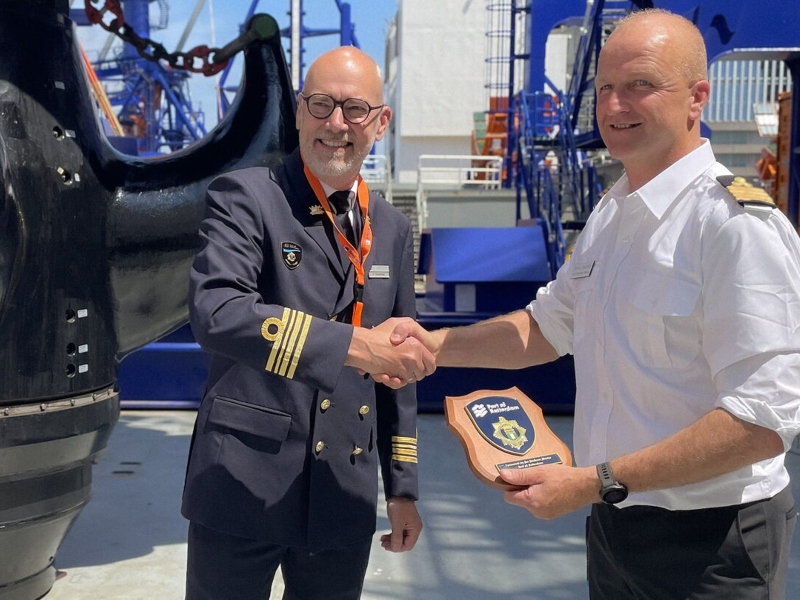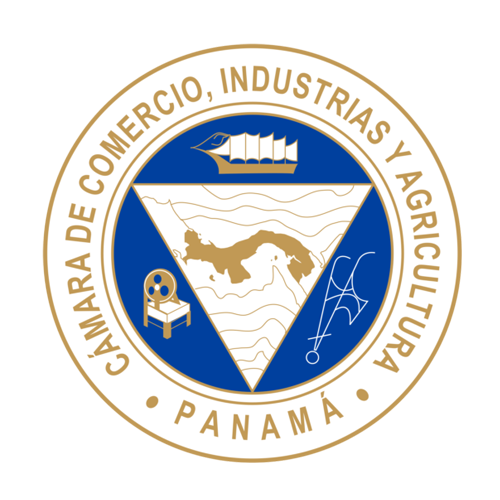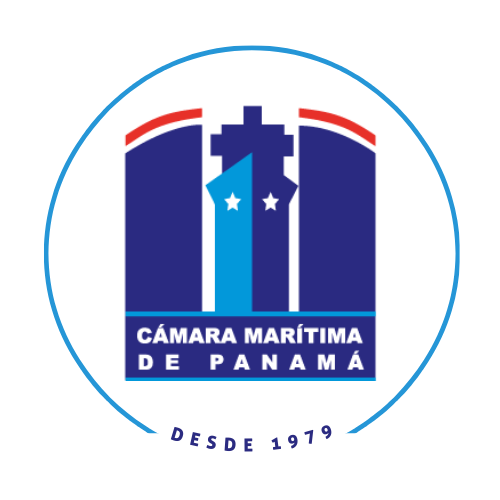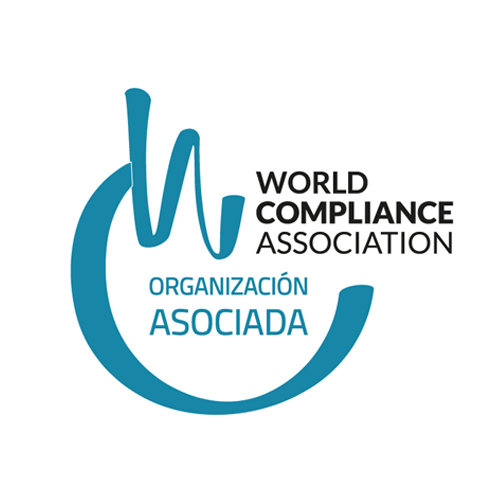Source: Port of Rotterdam
The trial took place while the vessel was on a seven-day cruise, visiting Hamburg, Southampton, Le Havre, and Zeebrugge. GoodFuels’ next-generation sustainable biofuel is derived from feedstocks that are certified as 100% waste or residue, with no land-use issues and no competition with food production or deforestation. The successful bio-bunkering demonstrates AIDA Cruises’ commitment to investing in new low carbon emissions technologies as part of their long-term decarbonisation strategy.
Dirk Kronemeijer, CEO of GoodFuels, said: “This first bio-bunkering with AIDA Cruises marks an exciting step forward on the cruise industry’s decarbonisation pathway, demonstrating that our sustainable biofuels are a safe, technically viable and convenient option to drastically cut down emissions from passenger vessels.
“As the effects of climate change are felt acutely in several parts of the world, the time for action is now, and biofuels are one of the few options that can already make a difference today. We are delighted to have worked alongside the trail-blazers at AIDA Cruises in the past few months to make this milestone a reality, and we look forward to collaborating again in the future.”
Felix Eichhorn, President AIDA Cruises, added: “We continue to actively explore all opportunities to decarbonize our fleet while advancing efficiency in line with international carbon intensity reduction targets. With the successful start of biofuel usage, we have proven that gradual decarbonization is possible even on ships already in service. An important prerequisite for us as a cruise line to be able to use it is that it becomes widely available on an industrial scale and at marketable prices.”
![]()




